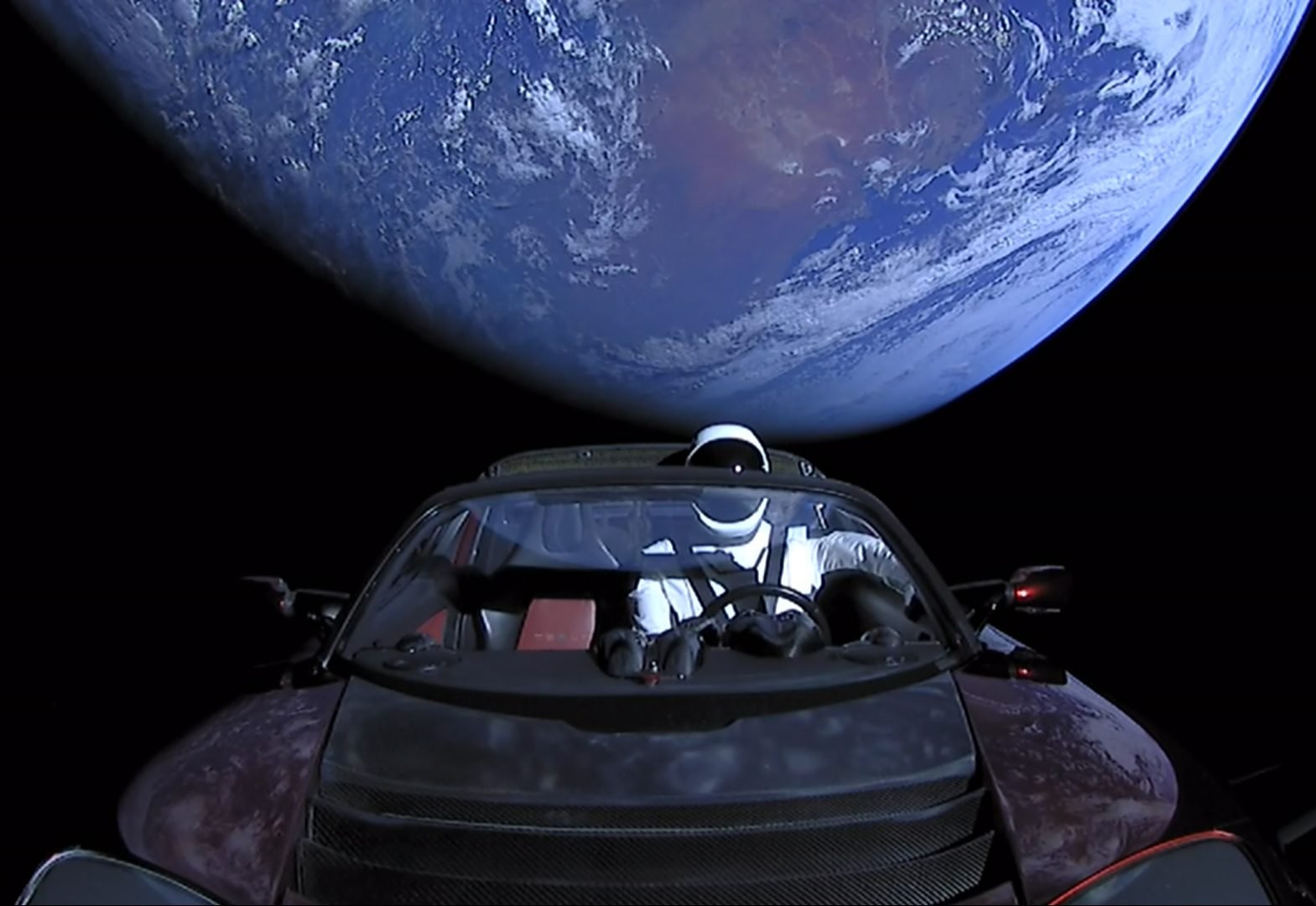Researchers at the University of Queensland (UQ) will conduct a world-first global trial to see if the spare battery capacity in electric vehicles (EV) could support the local electricity grid, and potentially power homes.
UQ has partnered with analytics platform Teslascope to recruit Tesla owners internationally to take part in the study examining car use and charging behaviour.
Dr Jake Whitehead, E-Mobility Research Fellow at UQ, said that while EVs are increasingly have more than a 400km driving range, most travel less than 50km a day.
“This provides a unique opportunity to leverage this spare energy capacity to absorb renewable energy generated in the middle of the day and overnight, and potentially even export energy to power homes and support the grid in the future using vehicle-to-grid (V2G) chargers,” he said.
“We have a unique opportunity through this project to better understand EV driving and charging behaviour in different markets, and what are the opportunities to use EVs to provide energy services and generate extra income for owners in the future.”
For the initial phase of the study, Tesla owners in Australia, the US, Canada, Norway, Sweden, Germany and the UK are eligible to apply. As more manufacturers integrate API access into their vehicles, the intention is to expand the program to include other vehicle brands.
500 Tesla owners sought
Dr Whitehead said the study aims to initially recruit 500 Tesla owners.
He said the study would use Teslascope’s platform to collect vehicle usage data without any hardware, but by directly pulling data – with owner’s permission – through the vehicle’s API.
In exchange for agreeing to participate in study, users will be provided with a free 12-month premium subscription to Teslascope.
Tesla owners can express interest in participating in the trial here.
Dr Whitehead said all user data will be kept secure and confidential.
“With the support and trust of users we will be able to leverage these learnings to influence government policy – including the rollout of public charging infrastructure. We also aim to use the findings of this research address some of the common misconceptions about how EV owners use their vehicles, and highlight how this technology provides far greater benefits, than risks, to the energy sector,” he said.
While there’s a focus on the switch to EVs to meet emissions reductions targets, experts are now also pondering how they can provide other energy services.
The project is being co-funded by the iMOVE Cooperative Research and an Advance Queensland Industry Research Fellowship,
iMOVE managing director Ian Christensen said transport accounted for about 24% of direct carbon dioxide emissions from fuel combustion globally.
“Electrification of transport has been identified as one of the major pathways for reducing emissions – and by leveraging EV battery spare capacity and using smart charging technology, excess solar could be absorbed by vehicles parked during the day, and potentially discharged to support the grid during the evening using vehicle-to-grid (V2G) infrastructure,” he said.
“For smart charging infrastructure to deliver these benefits, EV uptake must be significantly increased, and importantly, EV owners must be willing to use their vehicles as ‘batteries-on-wheels.”




















Trending
Daily startup news and insights, delivered to your inbox.